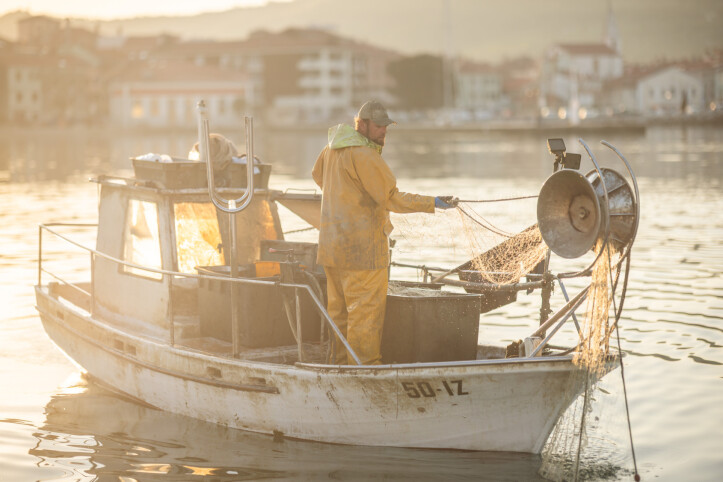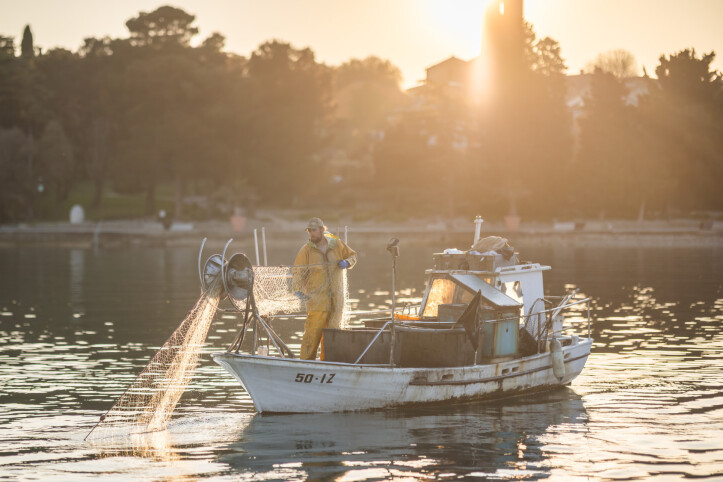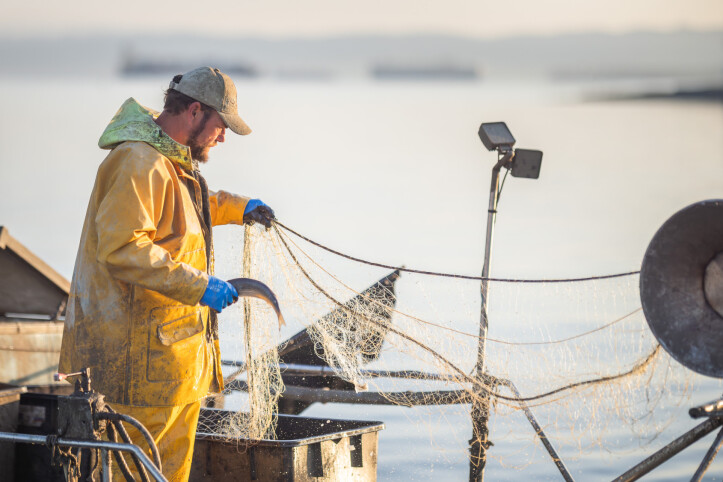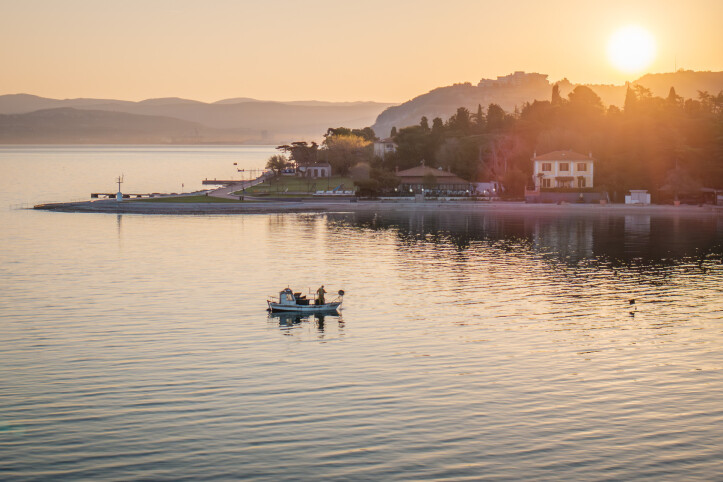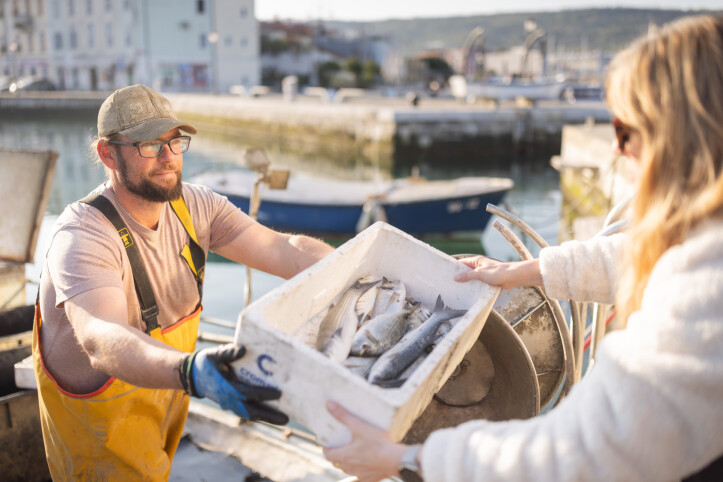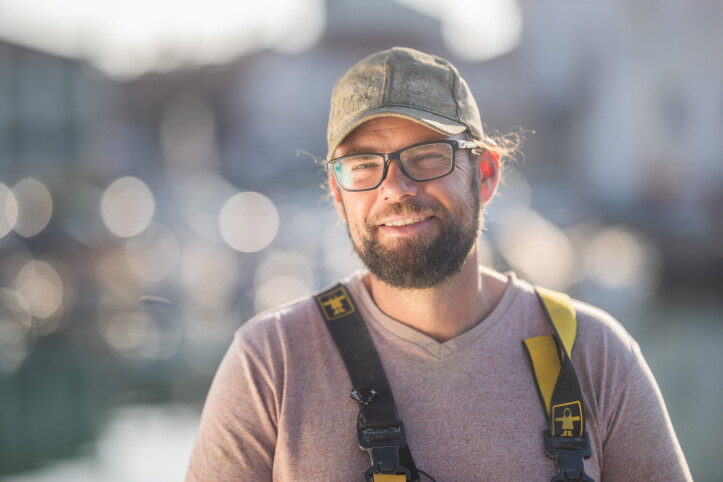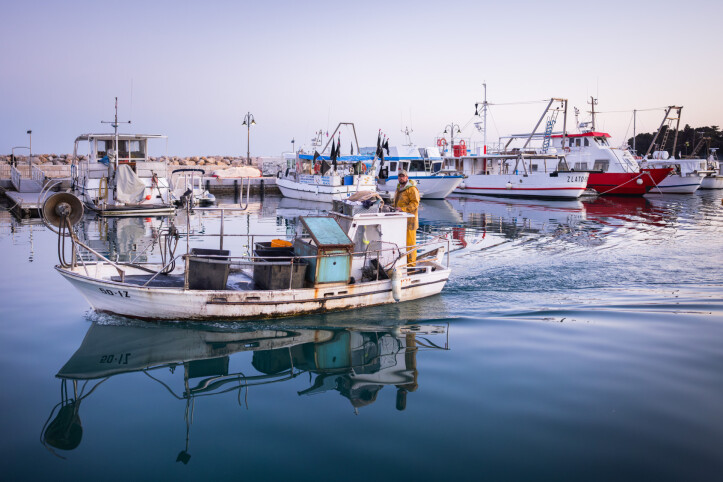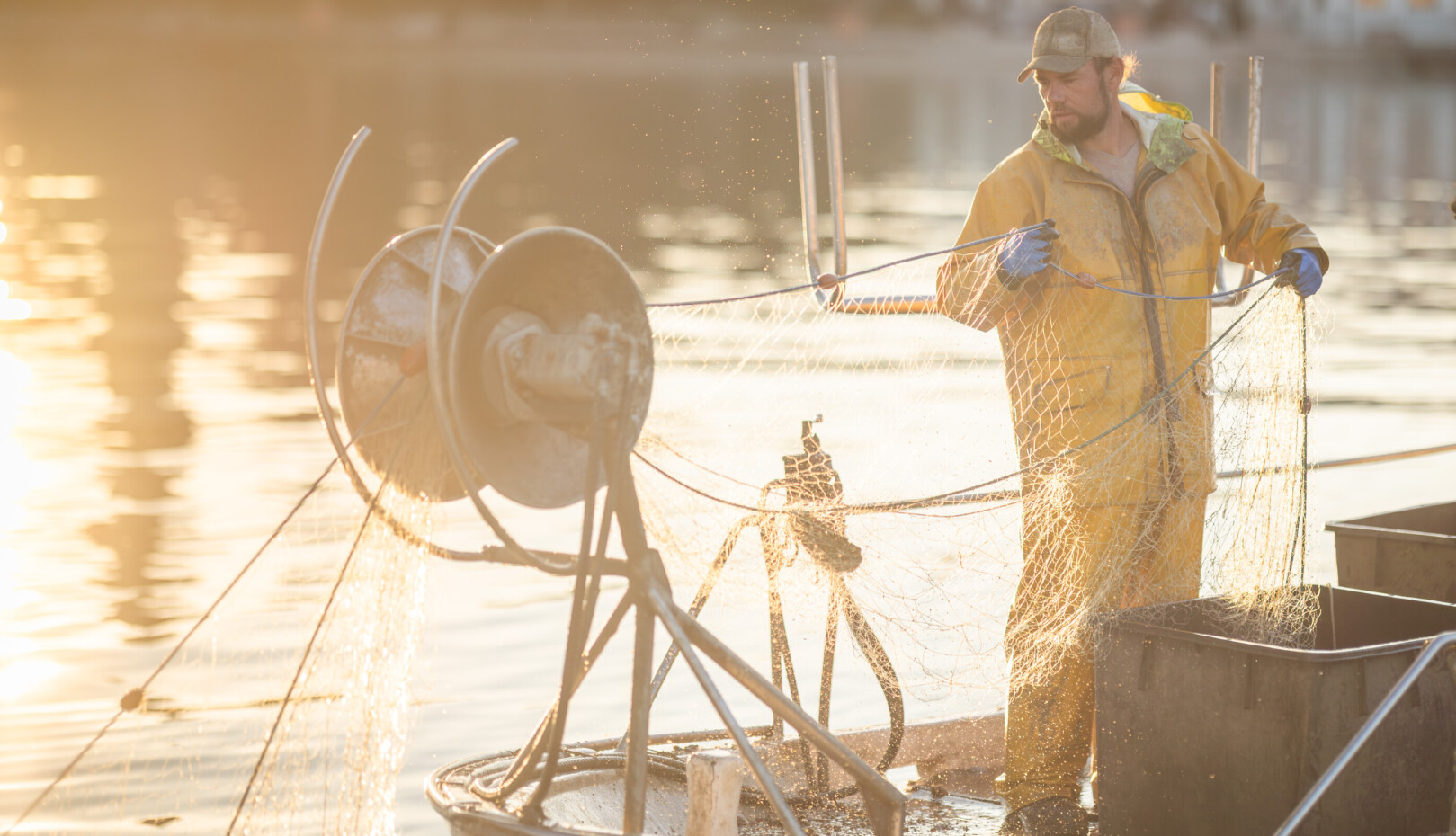
»The sea is one of the fairest things that exist.«
Davor Ivković is a fisherman by profession and by heart. That is how he introduces himself when asked who he is. As a child, he often went to sea with his father: at the age of seven, his father bought him his first fishing line. "The first fish caught me, and I caught it," he laughs. Fishing is in his blood. Today he represents the second generation of fishermen in his family, although for a long time, he couldn't imagine fishing for himself.
Davor owns his boat for thirteen years. Although he is also employed full-time at the Port of Koper, his heart always draws him back to the sea. "The sea means everything to me. Besides being my source of income, I was born here, grew up by the sea, and have spent my entire life looking at it. Both my work and hobbies revolve around the sea," he says.
"The sea is tough, but rewarding. You get back as much as you put in."
Davor is one of those fishermens who always keep their nets in the water. His day begins with effort, as he says himself, since he rises early and heads out to sea regardless of the weather. He spends four to six hours at sea, then continues his day at the harbor (mandrač in Izola), where he sews and prepares the nets for future catches. "To catch fish well, you need a lot of nets. I spend all my free time sewing," he says. He fishes three to four days a week, balancing fishing with his regular job.
His greatest satisfaction comes from the smiles of people who come for fresh fish. Davor prefers delivering his catch directly into the hands of restaurateurs and customers – he most often works with Izola's restaurants Sidro, Hotel Marina, Manjada, and Bujol. "It's not so much about the money, but about the joy of people coming for the fish," he says. He has a list of over 400 contacts to whom he sends a text message after each catch, letting them know what is available that day. Although he rarely eats fish himself – about once a week – he loves them all, especially turbot, sea bream, and red mullet. "The best are those fish that are rare to catch," he adds with a genuine smile. He also shares that the best fishing seasons are before and after summer – meaning there are the fewest fish available during the tourist season when demand is highest.
"The secret to preparing good fish is cooking it at high temperature for a short time. People often overcook and dry it out. If the fish is fresh and juicy, you can't go wrong!"
When asked about the secret to being a good fisherman, he quickly responds: "Persistence. You must not give up. Even if you catch nothing for three days, you must persist. You fish regardless of what you catch."
He has a special relationship with the sea – respectful yet realistic. "On the shore, everything seems difficult. But once you're out there, you're simply there. The sea doesn’t wait." Memories of rough times at sea remind him to be cautious: "There have been some really bad storms, but luckily everything ended well."
Despite his deep connection to the sea, he rarely swims in it. "That's for tourists," he laughs, adding he can't remember the last time he swam. He also avoids watching dolphins: "Fishermen don't like seeing dolphins because they destroy our nets," he adds with a chuckle.
Davor wishes people understood better what it means to be a fisherman. "Many people romanticize the profession. I'm not at sea for the romance – I'm there to work. And every job at sea has its weight. Today, fishing is no longer as common a family legacy as it once was – there are few young fishermen. Young people aren't choosing this profession or continuing the tradition. That's the sad reality."
When asked what the sea would say to him, Davor simply replies:
"Come again."
And what would he say to the sea?
"Here I am."
